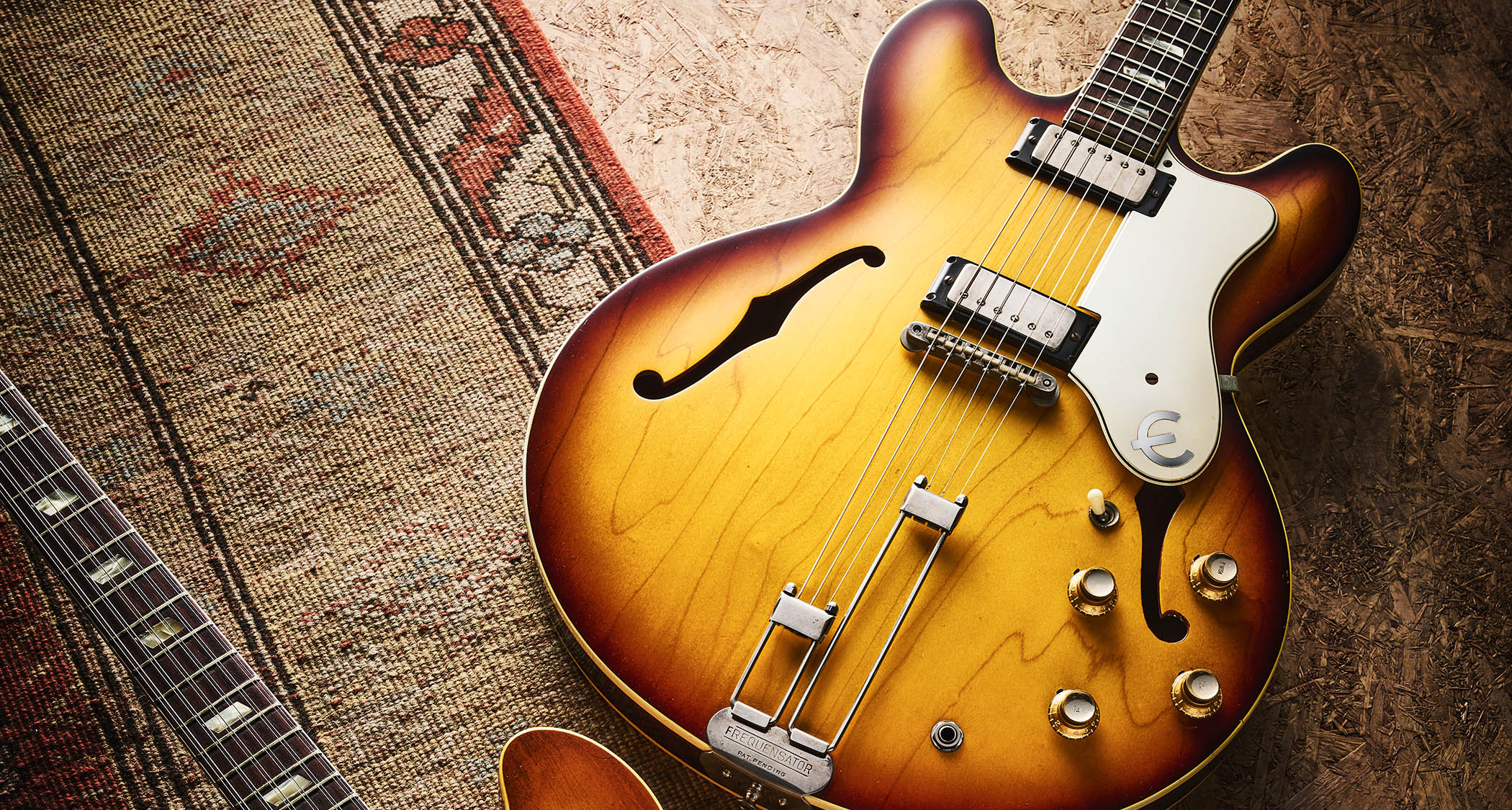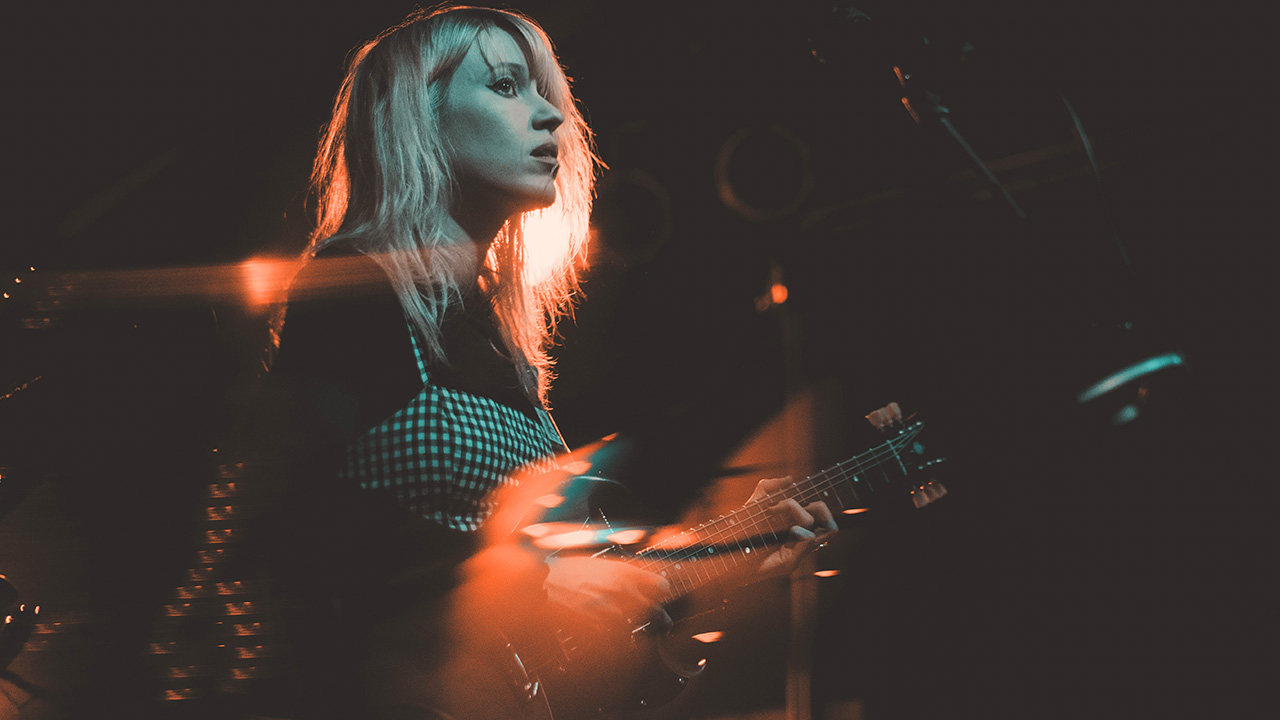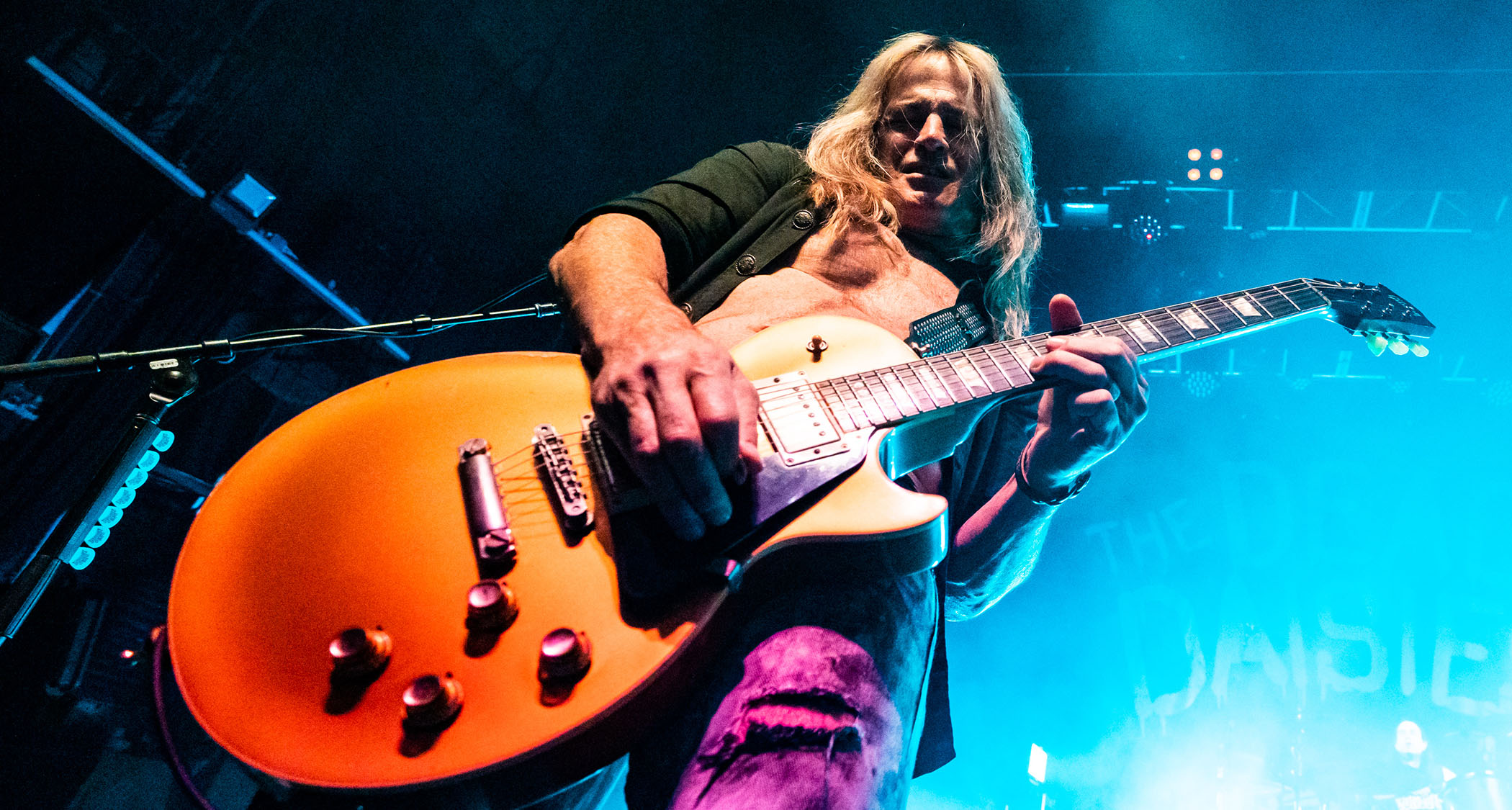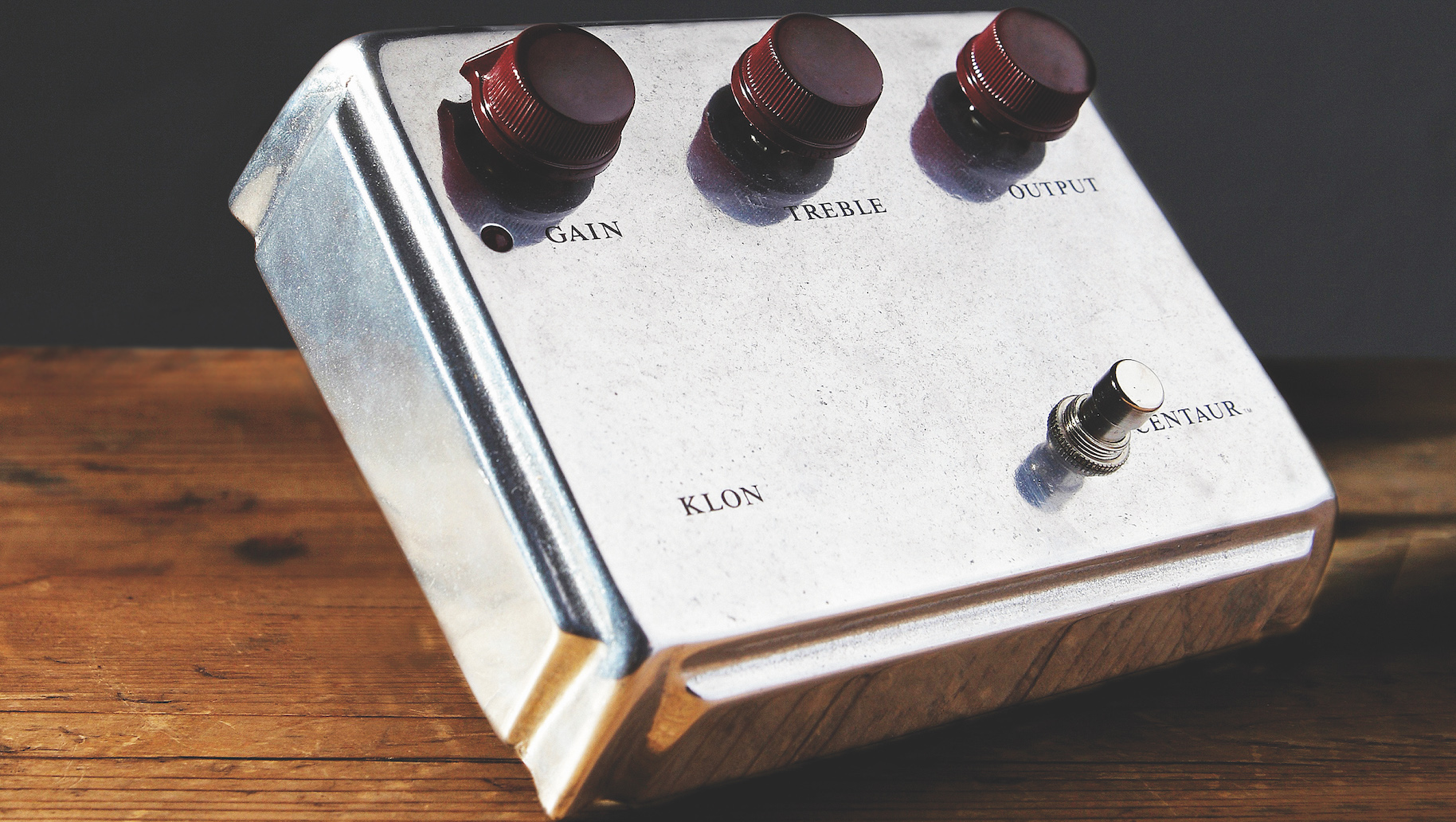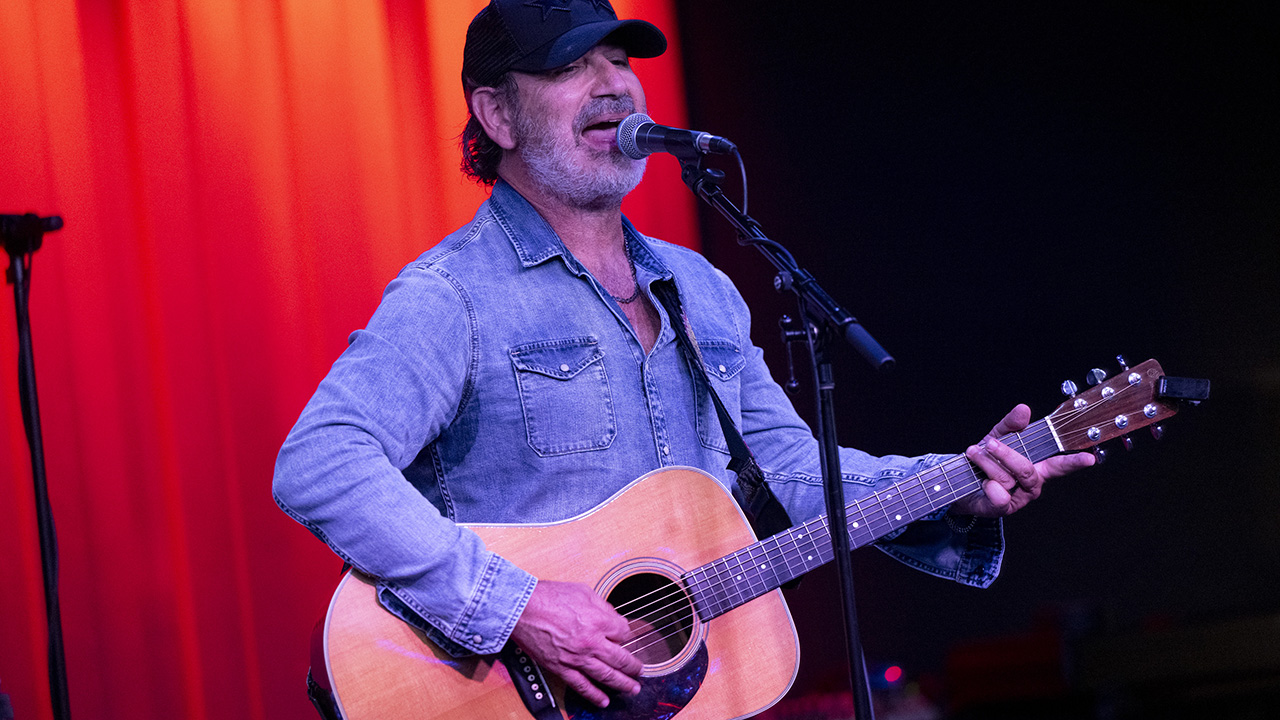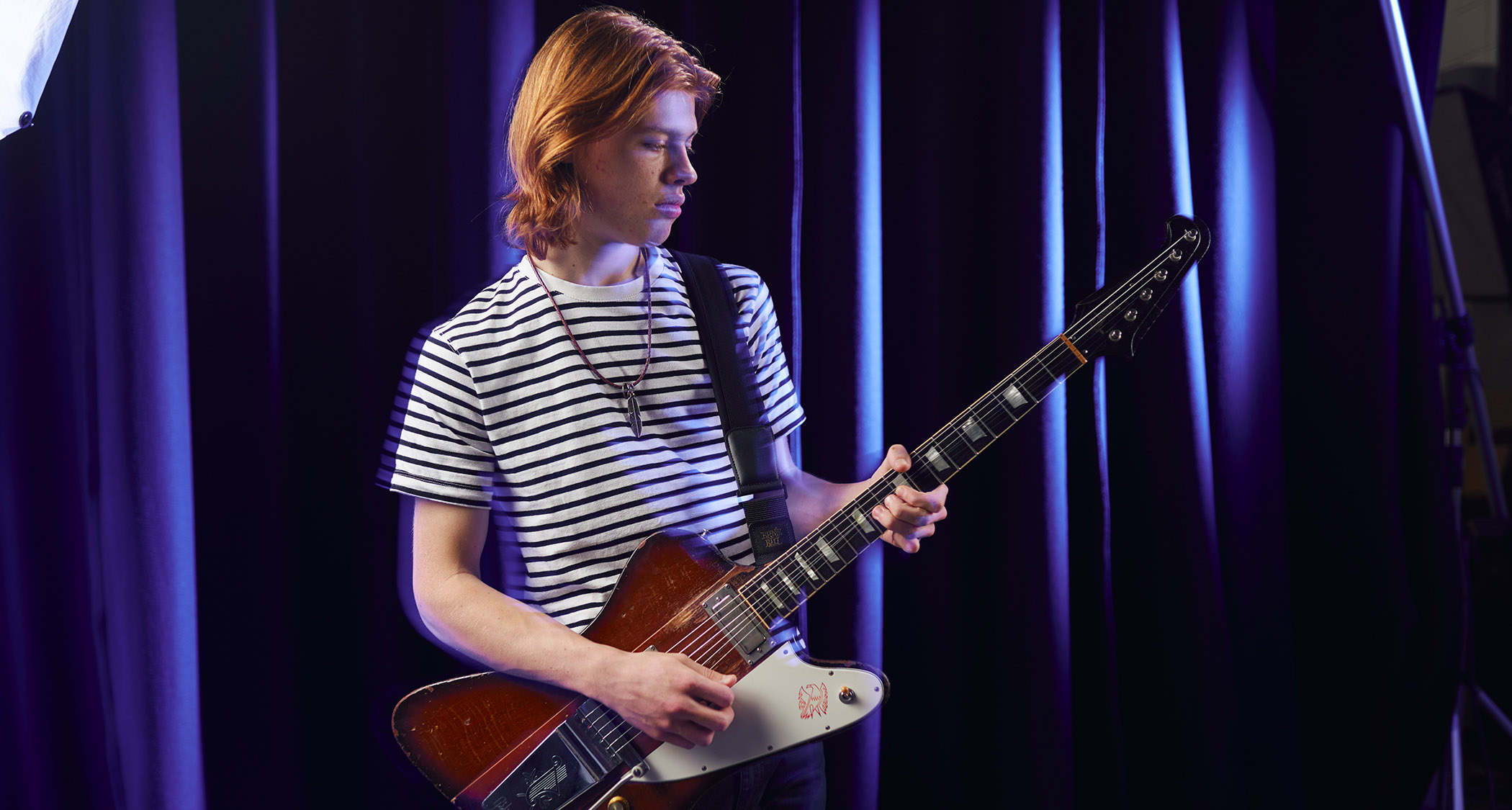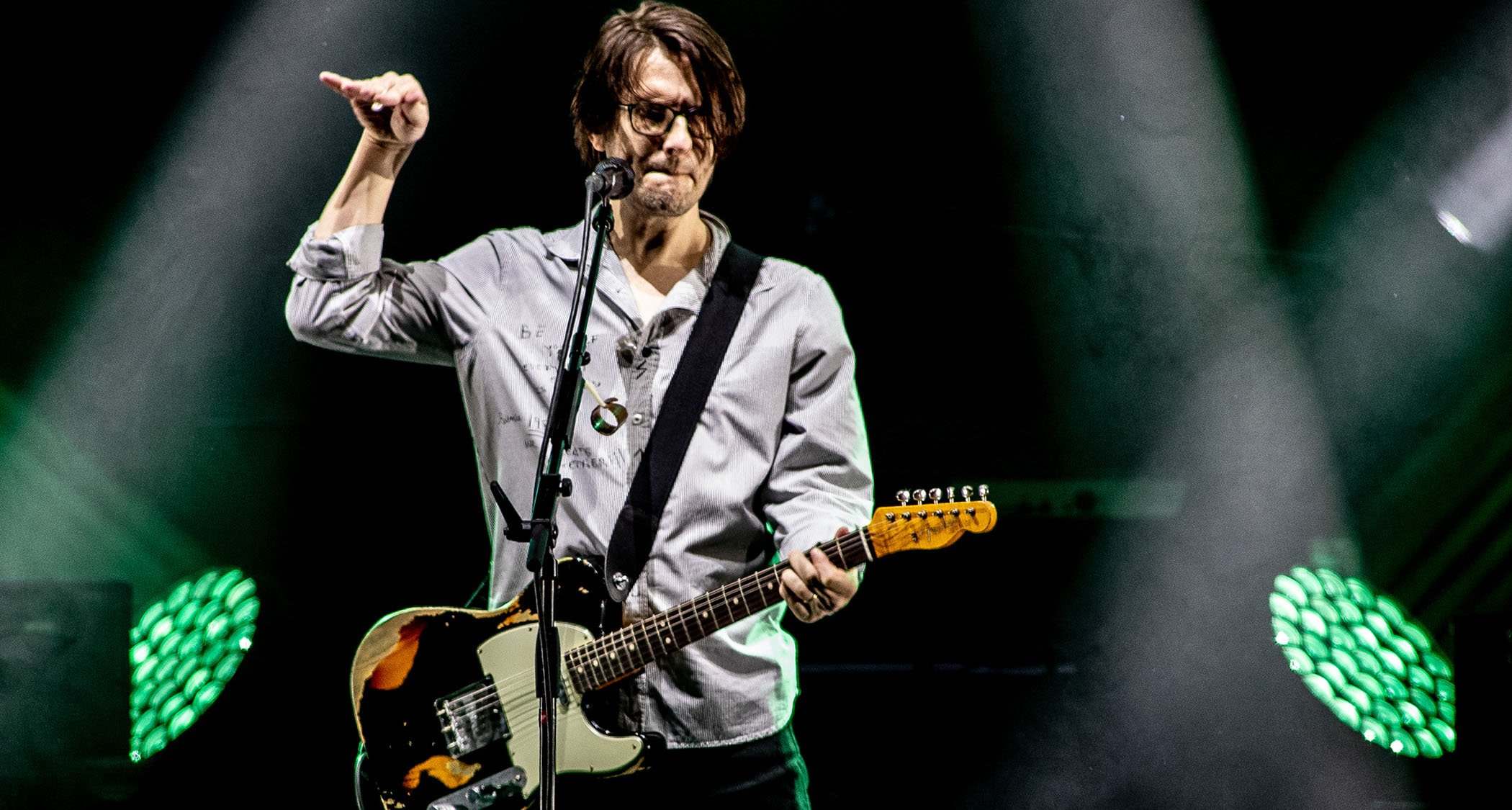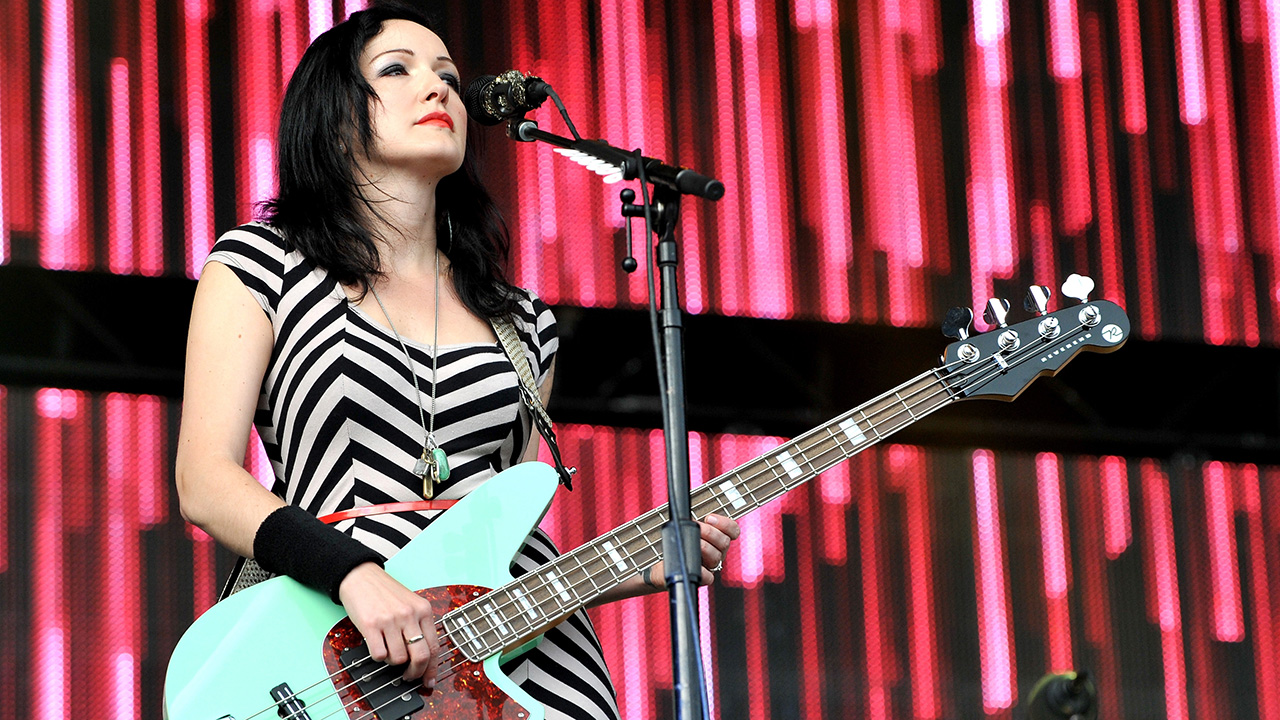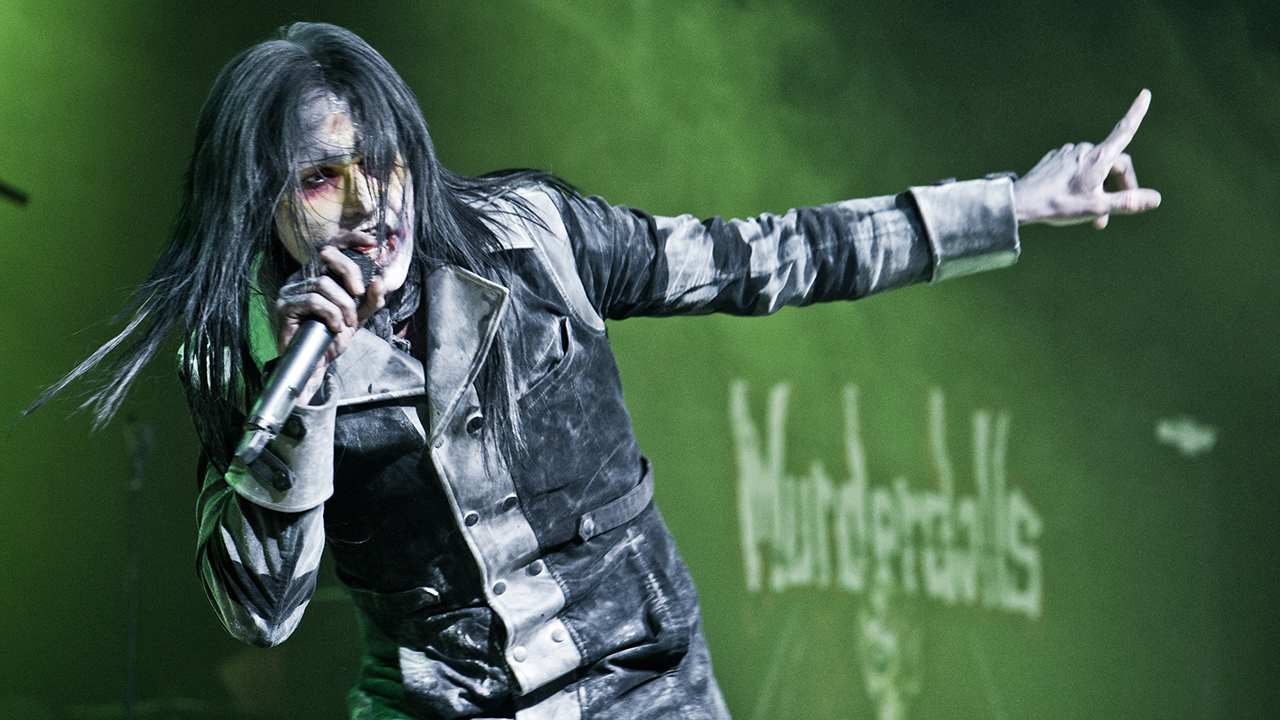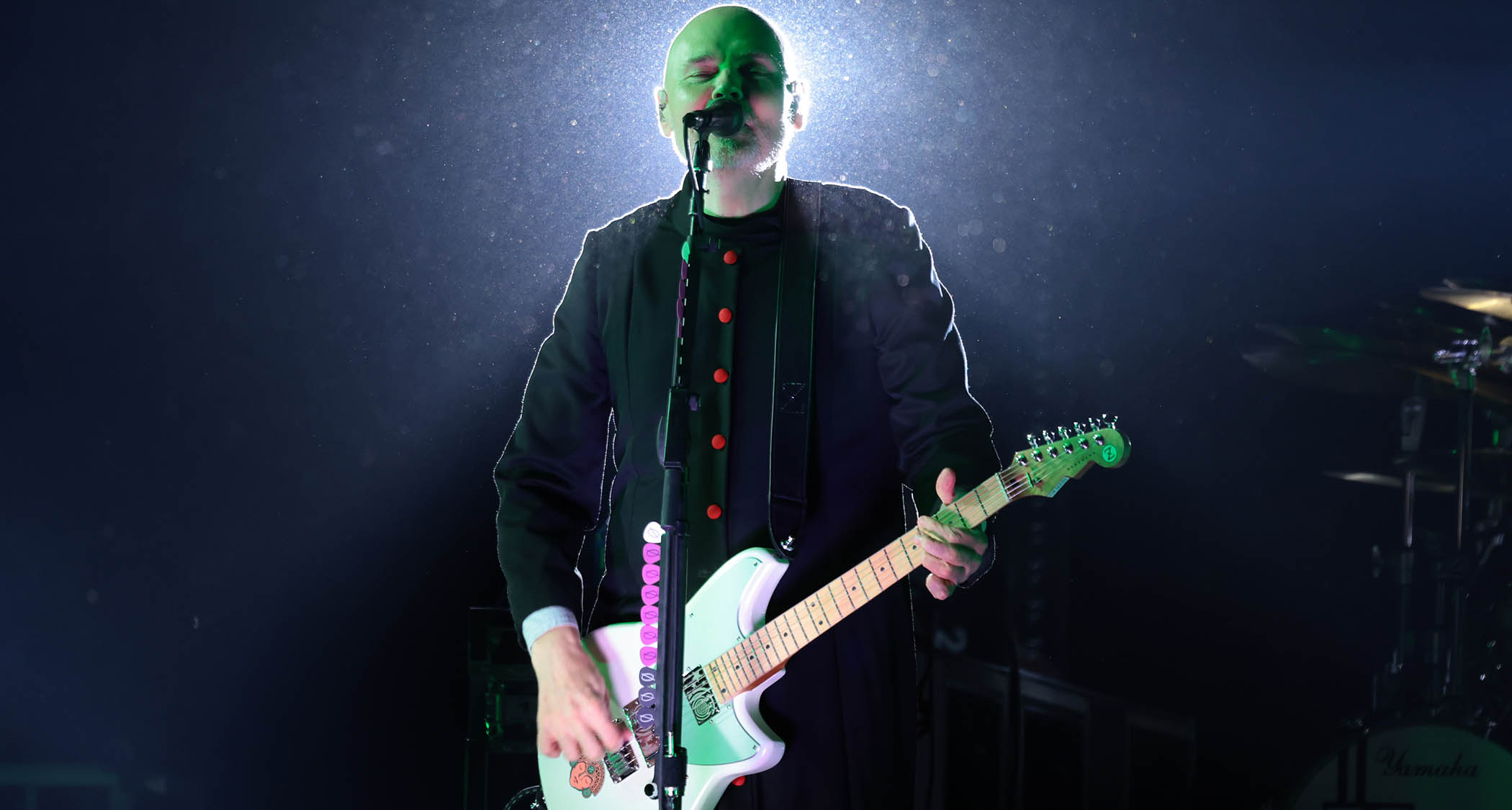Penn Jillette: magic is easy, music is hard
One half of magic duo Penn & Teller discusses his other love: bass playing
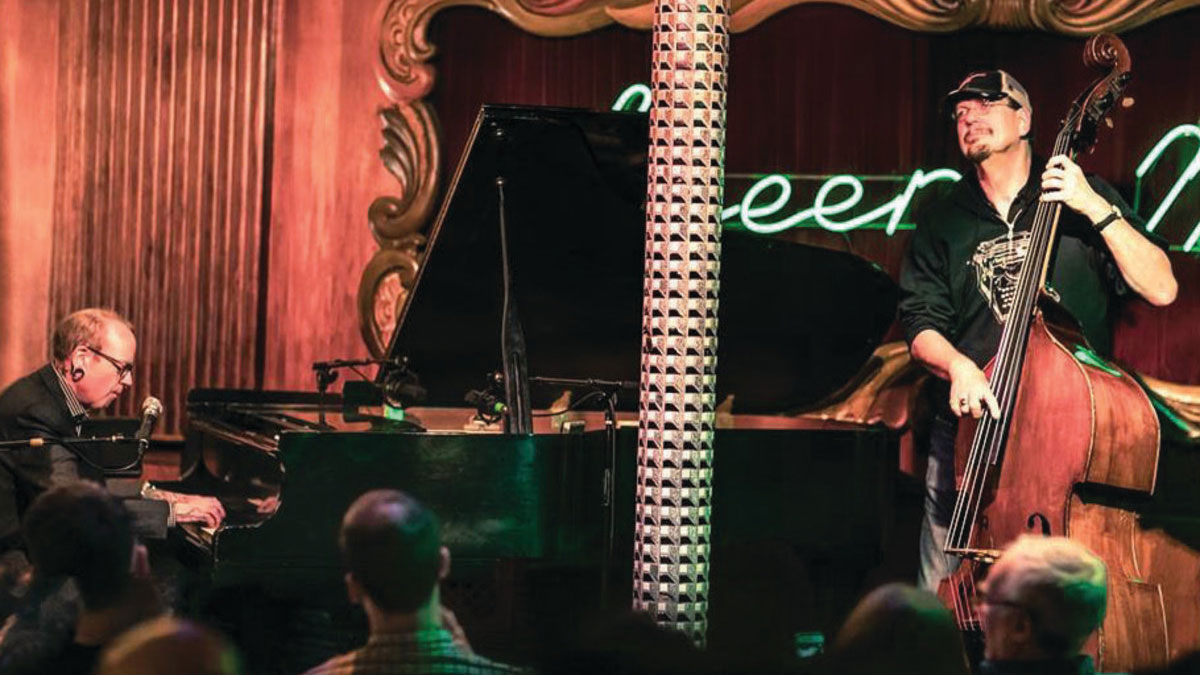
“I warn you right now—anybody reading this is going to hate me,” says Penn Jillette. The voluble half of Penn & Teller, Jillette is also a part-time bebop jazz bassist, and for the past 18 years he and his pianist pal Mike Jones have performed live pre-show music for the magic–comedy pair in Las Vegas.
He readily admits that his role as the bassist half of the Mike Jones Duo is one sweet gig.
“Here’s how good I have it: I never have to lug my bass anywhere. I walk into a theater that’s named after me. My dressing room is right offstage. There on the stage is an upright bass that the tech guys have set up for me.
“I have a beautifully lit music stand. I have great monitors and the best piano player in the world. I sit down on a beautiful stool that’s made for my height, and for 45 minutes every night I play music that I love with a good friend of mine. So there it is—if you want to be envious of somebody, I’m the guy to be envious of.”
Most fans who attend Penn & Teller’s nightly show are unaware of the identity of the bassist onstage before the main act—Jillette often performs with his head hung down studiously, with the brim of his fedora masking the upper half of his face. That might change with the release of The Show Before the Show, recorded live at the Penn & Teller Theater, on which Jillette and Jones traipse merrily through standards such as “Tangerine,” “On the Sunny Side of the Street,” “But Not for Me,” and one Jones original, “Box Viewing Blues.”
Jones’ fluid virtuosity should come as come as no surprise (the Berklee-trained musician has played with such jazz legends as Herb Pomeroy, Gray Seargent, and Dick Johnson), but the big takeaway is Jillette, whose nimble, buoyant bass lines beautifully complement his partner’s spirited keyboard flourishes.
“Getting to play with somebody as brilliant as Jonsey is pretty astonishing,” says Jillette. “He’s been such a good friend and a musical mentor to me—how could I ask for anything more? But here we have a record, and it’s something I’m really proud of. I’ve always said that I’m one of the luckiest mofos in the world, and now I can take that to another level. For a guy who’s always struggled to play music, I can’t complain about a thing.”
Get The Pick Newsletter
All the latest guitar news, interviews, lessons, reviews, deals and more, direct to your inbox!
When did your struggle to play music start?
Oh, as far back as I can remember. I’ve always loved music, but I’ve lacked talent. I took drum lessons as a child, and I played the snare drum in my high school marching band. Shortly after that, I started playing electric bass. I always kept pretty good time, but I didn’t have any real facility. I thought, “If I go into music, I’m competing with Bob Dylan, Frank Zappa, and Stravinsky. If I go into magic, I’m competing with David Copperfield and Doug Henning.” It seemed like a no-brainer.
What kind of bass did you first play?
I don’t remember the first one, but shortly after that, I got a really nice Rickenbacker, which I just loved. And I played badly. I was in little bands and I learned some things. I’ve always liked practicing, but I never got very good. I played punk stuff and rock stuff, but it was always bad. This was not in any way serious. I was just trying to play the root and get by.
I’m getting the hint—you weren’t good.
I was bad! [Laughs.] I felt like I should get into jazz. I got the Miles Davis records you have to have—Sketches of Spain and Kind of Blue—but I didn’t really understand it. Which is funny, because I always had a better understanding of music that was more intellectual and conceptual. Bob Dylan and Frank Zappa were easy for me. The Rolling Stones were difficult.
How did you transition to upright?
When I was in my early 40s, I was doing a show with Teller, and we had the Smothers Brothers on. And on that show, I became the third person ever to play bass with Tommy Smothers. There’s Dick Smothers, Jack Benny, and me. I even used Dick’s upright bass. We played “Jimmy Crack Corn”—you know, C, F, and G. But it was weird: Holding the upright, I had that feeling painters talk about—they’re not even feeling the brush in their hand. It felt great; it felt natural, sensual. I never felt that with an electric bass.
About six months later, our bandleader, [bassist] Morrie Louden, called me and said, “There’s this guy selling a Kay upright bass from the ’50s for 1,000 bucks. If you buy it, your chances of learning to play it are almost zero. If you don’t buy it, your chances of learning to play it are zero.” And I said, “Well, that’s stupid. I’ll just buy the big thing to put in my closet.” He said, “I think you should buy it.” So I bought it, and I put it in my closet.
A while later, my mom died. I don’t know why, but when she died, I wanted to learn something I knew I couldn’t be the best at. It was sort of the opposite of how I approached learning magic and juggling and doing comedy. So I started to practice the bass. I practiced with Morrie, and a bunch of musician friends would come over. I think they were humoring me, but I would practice with them.
And then a magician friend who happens to play jazz piano read that the best jazz pianist in the Oscar Peterson mode was playing at this restaurant in Vegas. So we went, and that’s how I met Mike Jones. His mother had also died, and he was having a tough time. We became friends very quickly. He would hear me play bass, and he said, “Boy, you’re really not good.” But he started teaching me about music. He told me what Miles to dig into. He really dug me into Ray Brown. We’d listen together—Coltrane’s Giant Steps. We played together, and I started to get a little better.
How long did it take for you to feel competent?
Well, I did something that really nobody gets to do. I offered Jonesy a steady paycheck for being our pre-show music. At first, [Teller] was resistant, but after I told him that the only other Vegas act that had live pre-show music was Sinatra, he said okay. Then I told Jonesy the most audacious thing ever: “You’re the best piano player in the world. I’ll never pay you what you’re worth, but you never have to play restaurants again. You can play for an hour at our theater and get paid, but for 45 minutes in your set, you have to play with me. And I’m not good.”
And he said yes?
He was appalled at first, but he took the deal, not so much as a career move but because we were friends. And then I went out and I played every night, because I may not have talent, but I have balls.
You knew what you were doing as a magician. Was it scary to go in front of an audience and play music?
It was terrifying. I was learning onstage, and I loved it. I always thought Jonesy would have a lot to say to me—“Here’s what you should do more of. Watch out for this.” But he never said anything. All of the conversation was done musically. After two years, I was maybe not embarrassing. After six years, I was rudimentary. After ten years, I was actually a serviceable bass player for bebop jazz. And now, it’s been 18 years—I’m choosing my words carefully—and I’m better than I ever thought I would be.
What led to the decision to cut an album?
Jonesy said to me a year and a half ago, “I want to do another record, and I’d like you to be the bass player.” I was pretty startled. He waited until he thought I was good enough; it only took 18 years. I’m really proud of the record. There’s nothing but reality on it. We recorded it live before a Penn & Teller audience, so it really is “the show before the show.” Jonesy always does standards, because that’s where the improvisation happens. You want the chord structures that people are familiar with, and then you improvise over that. And I didn’t mess up! [Laughs.]
Do you ever go back to the electric at all?
I do. I have kind of a joke fun band called the No God Band—it’s local musicians that I play with. Atheist conferences book the band, or if there’s a skeptics’ conference in Vegas, we’ll play that. We rehearse a few times. Jonesy is our keyboard player, and he plays shitty rock keyboard—Jerry Lee Lewis riffs instead of Oscar Peterson. I’ll pull out an electric bass that Howard Kaylan of the Turtles gave me. And I still pull out the Rickenbacker now and again. We do some goofy songs, and we have topless dancers on either side of me, Vegas style [laughs]. Like I said, if you want to be envious of somebody, be envious of me.
Joe is a freelance journalist who has, over the past few decades, interviewed hundreds of guitarists for Guitar World, Guitar Player, MusicRadar and Classic Rock. He is also a former editor of Guitar World, contributing writer for Guitar Aficionado and VP of A&R for Island Records. He’s an enthusiastic guitarist, but he’s nowhere near the likes of the people he interviews. Surprisingly, his skills are more suited to the drums. If you need a drummer for your Beatles tribute band, look him up.
“An esoteric boutique vibe, superb ergonomics and a powerful, unique preamp – Tobias is back”: Tobias Growler IV review
“Affordable versions of the three best basses I've ever held in my hands”: Sterling by Music Man completes its trilogy of Joe Dart signature models with a trio of made-to-order basses that cost less than $500

